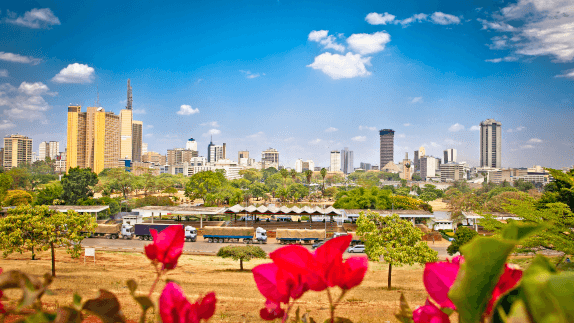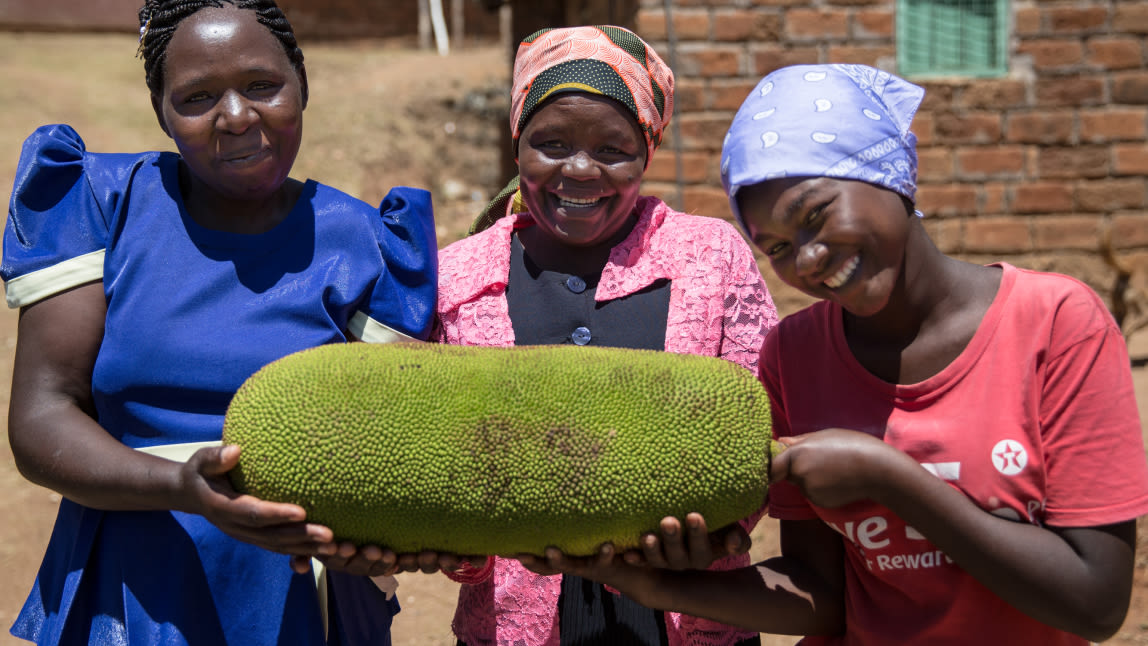This page is part of Circular Economy in Africa: Examples and Opportunities, a collection of insights exploring key questions on accelerating the circular economycircular economyA systems solution framework that tackles global challenges like climate change, biodiversity loss, waste, and pollution. It is based on three principles, driven by design: eliminate waste and pollution, circulate products and materials (at their highest value), and regenerate nature. across the continent.
Rethinking collaboration across supply chains to produce food regeneratively.
African farmers, businesses, and food entrepreneurs are at the forefront of food production and the backbone of many African economies. As the many case studies included in this article show, some are already reaping the benefits of a shift to a circular economy for food. However, in many parts of the continent, agriculture fails to provide either sufficient nutrition to its citizens or a decent livelihood to its farmers.
African cities represent one of the fastest-changing demographics in the world
Africa’s urban population is set to double in the next 30 years, at the same time the affluence of African citizens is also increasing. As a result, each year African cities require a greater overall volume of food and will in turn produce more organic waste.
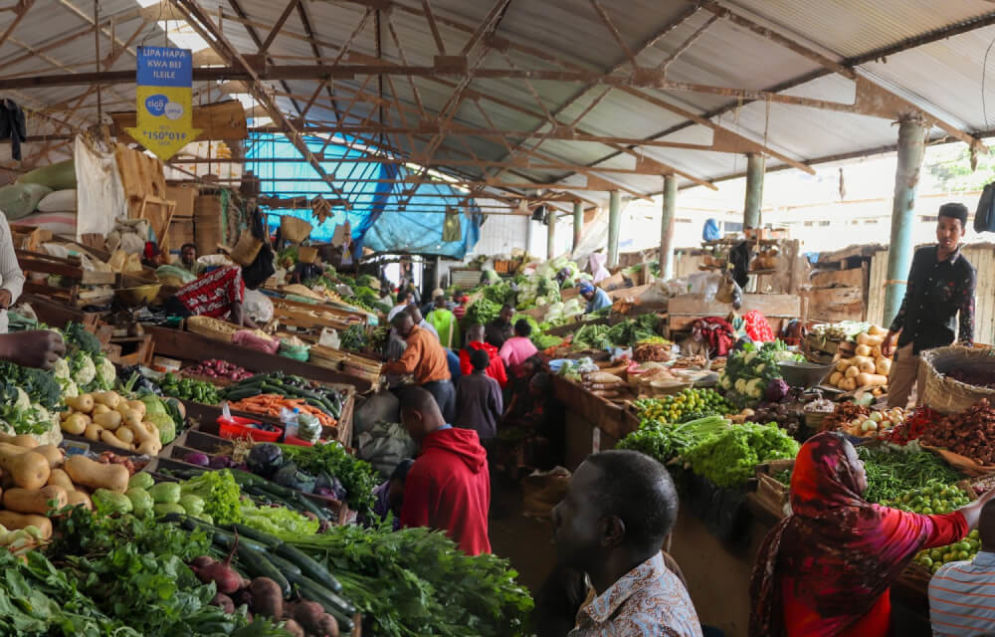
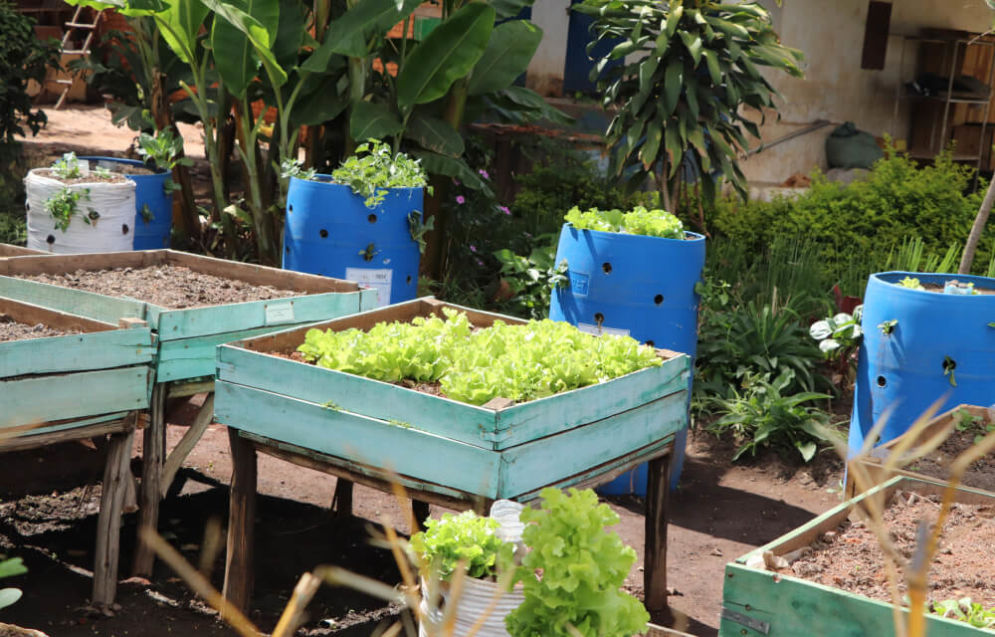
Photo credit: Paul Currie
Ensuring a secure and healthy supply of food to African cities and managing flows of urban organic waste in a way that preserves the continent’s food cultures, diversity of ingredients and rich biodiversity, will be one of the major challenges in the decades ahead. There is an opportunity for African governments to develop policies and work with supply chains and citizens to address this challenge.
Download the full article to learn more about a circular economy for food in Africa.

Ellen MacArthur Foundation

ICLEI Africa

Chatham House
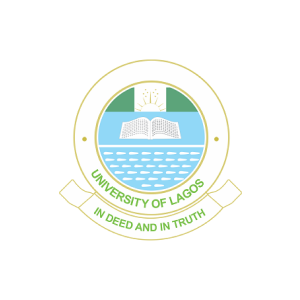
University of Lagos








